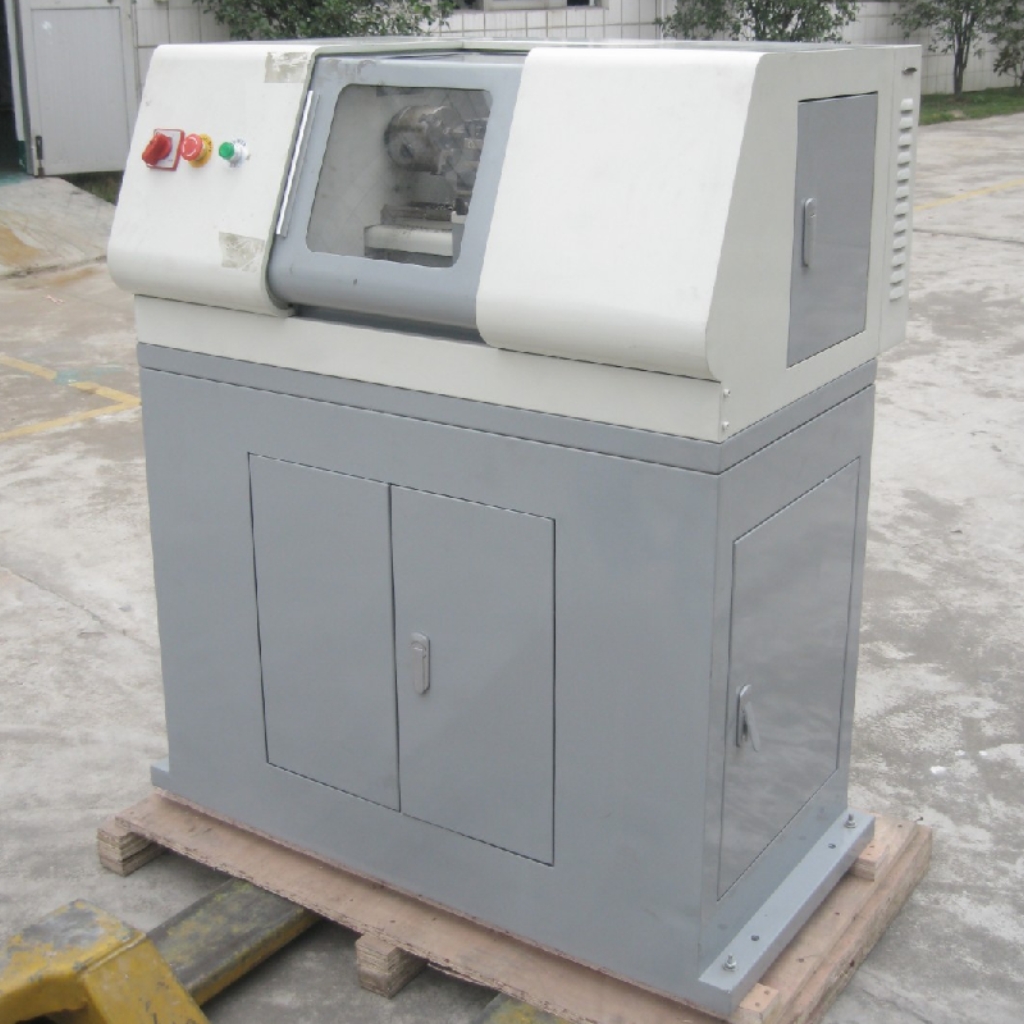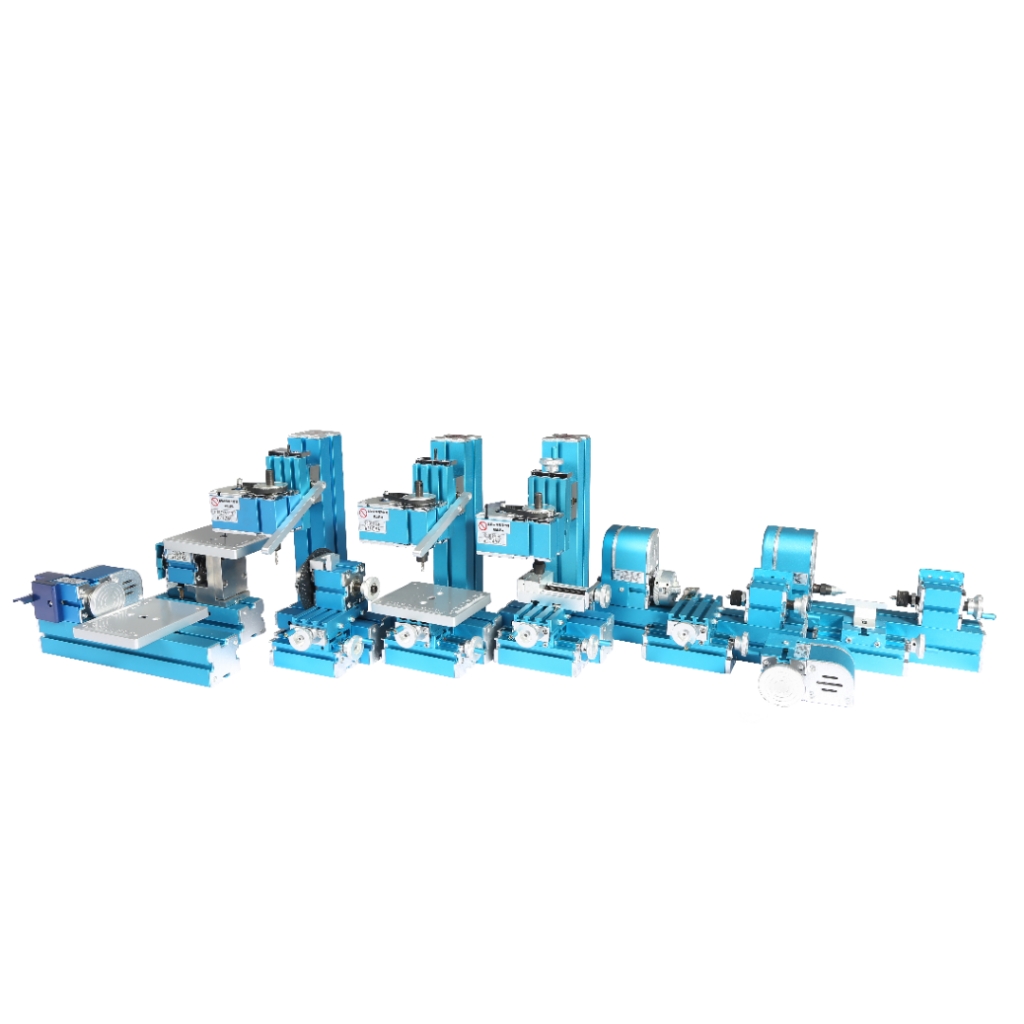Blog
Xendoll has 22 years of experience in the production of small machine tools. We will help you choose the suitable machine and share our experience in CNC machining with you.
 Nov 03, 2025
Nov 03, 2025

 538
538
For pen turners, the quest for the perfect creation is a journey of skill, precision, and material selection. The wood you choose is more than just a blank; it's the soul of your pen, defining its aesthetic, feel, and ultimate character. But with a near-infinite variety of woods available, a common question arises: What is the best wood to use when pen turning? The truth is, there is no single "best" wood. The ideal choice is a balance of workability, beauty, and stability, tailored to the turner's experience and the pen's intended purpose. Ultimately, the best wood is one that turns beautifully on your mini lathe, finishes to a glorious sheen, and brings satisfaction to both the maker and the user.

Before diving into specific species, it's crucial to understand the characteristics that make a wood suitable for pen turning. These factors will guide your selection process, whether you're a hobbyist using a compact benchtop lathe or a professional producing for clients.
Stability and Low Movement: Pens are small, dense objects. Woods that are prone to significant expansion and contraction with humidity changes can crack or develop gaps at the glue joints over time. Stable woods ensure the integrity of your pen for years to come.
Fine, Closed Grain: Woods with a tight, closed grain structure are generally easier to turn and sand to a glass-like finish. They are less likely to tear out under your tools and accept a polish more uniformly than open-grained woods, which may require grain fillers.
Moderate Hardness: A Janka hardness rating (which measures resistance to indentation) in the mid-range is often ideal. Very soft woods can be difficult to sand without creating dips and are prone to dents. Extremely hard woods can be tough on your tools and require a slower, more meticulous turning process.
Visual Appeal: This is subjective but paramount. Beautiful grain patterns, striking color contrasts, and unique figure (like burl or spalting) are what transform a simple writing instrument into a work of art.
Based on these criteria, let's explore some of the most popular and reliable woods for pen turning, categorized to help you make the perfect choice.
For the Beginner: Easy-to-Turn Classics
If you are new to pen turning, starting with forgiving woods builds confidence and skill.
Maple: A classic choice, maple is hard, stable, and has a very fine, closed grain. Its pale color serves as a perfect canvas for stunning dyes and stains or can be left natural for a clean, modern look. It turns predictably and sands to a beautifully smooth finish.
Cherry: Cherry is a joy to turn. It's moderately hard, has a straight grain, and cuts cleanly with sharp tools. Its warm, reddish-brown color deepens beautifully with age and exposure to light, adding character over time.
Walnut: Walnut is a staple in any woodworker's shop. It is stable, machines excellently, and its rich, dark brown color provides an instant look of elegance and sophistication. It's forgiving for beginners yet remains a favorite for experts.
For the Intermediate Turner: Exotic Beauty and Character
Once you're comfortable with the basics, these woods offer more visual drama.
Purpleheart: Known for its vibrant purple color, Purpleheart is a showstopper. It is quite hard and dense, so sharp tools and a slow, steady approach are necessary. Be aware that its brilliant purple will mellow to a deep brownish-purple over time, but it remains a stunning wood.
Padauk: With its brilliant orange-red hue, Padauk is impossible to ignore. It turns well, though it can be slightly brittle. Like Purpleheart, its color will darken with age to a rich, deep red. It can also have a slight dusty quality when sanding.
African Blackwood: Often considered the pinnacle of pen woods, this ebony relative is incredibly dense, hard, and naturally oily. It sands to an almost plastic-like, mirror polish and is exceptionally durable. It's challenging to turn and requires sharp carbide tools or expertly sharpened HSS, but the result is a truly premium pen.
For the Advanced Artisan: The Unique and Unpredictable
These woods offer the highest risk and reward, often requiring special techniques to stabilize.
Burls (Maple, Walnut, Myrtle): Burl wood is not a species but a growth deformity that creates incredibly intricate, swirling grain patterns. While breathtaking, burls can be soft, have voids, and are often stabilized with resin under pressure to make them turnable. The result, however, is a one-of-a-kind piece of art.
Spalted Woods (Maple, Beech): Spalting is the beginning stages of decay, where fungi create dark, elegant line patterns in the wood. This wood is softer and more fragile around the spalted lines. It almost always requires stabilization to hold together during turning, but the unique, organic patterns are well worth the effort.

So, what is the best wood for pen turning? The answer lies in your workshop. For a beginner, the best wood is a stable, easy-turning piece of Maple or Walnut that builds foundational skills on your reliable Xendoll mini lathe. For the seasoned crafter, the best wood might be a challenging but gorgeous stabilized burl that pushes their abilities to the limit.
The true joy of this craft comes from experimentation. Start with the classics to master the fundamentals of turning, finishing, and assembly. Then, gradually explore the vast world of exotic and figured woods. No matter your choice, pairing high-quality blanks with the precision and control of your Xendoll tools will ensure you can create a beautiful, functional, and deeply personal masterpiece every time.
Ready to turn your vision into reality? Explore our range of high-precision mini lathes and turning tools at xendolltools.com designed to help craftsmen at every level achieve perfection.



 Show all our samples
Show all our samples
 Provide you with a free quote
Provide you with a free quote
 Answer all the questions you may have
Answer all the questions you may have
 Guided installation and other options
Guided installation and other options